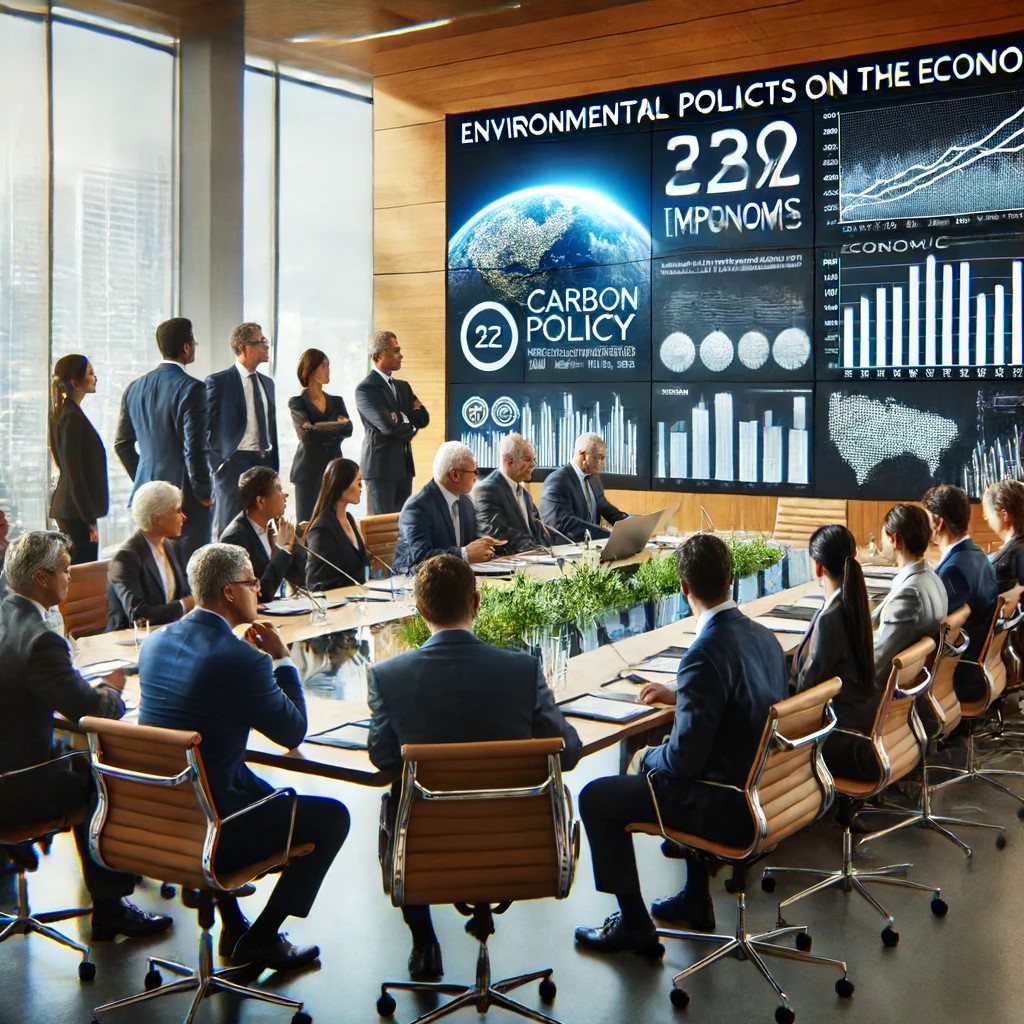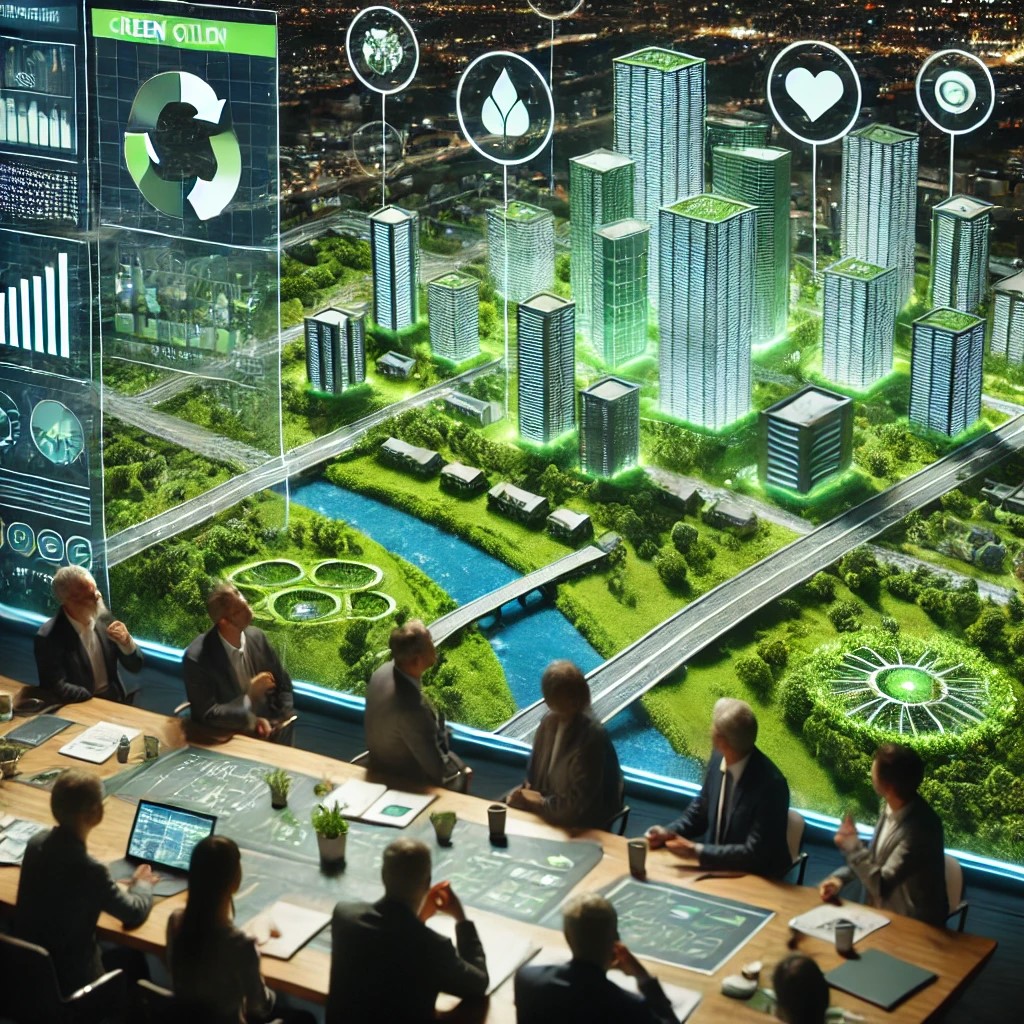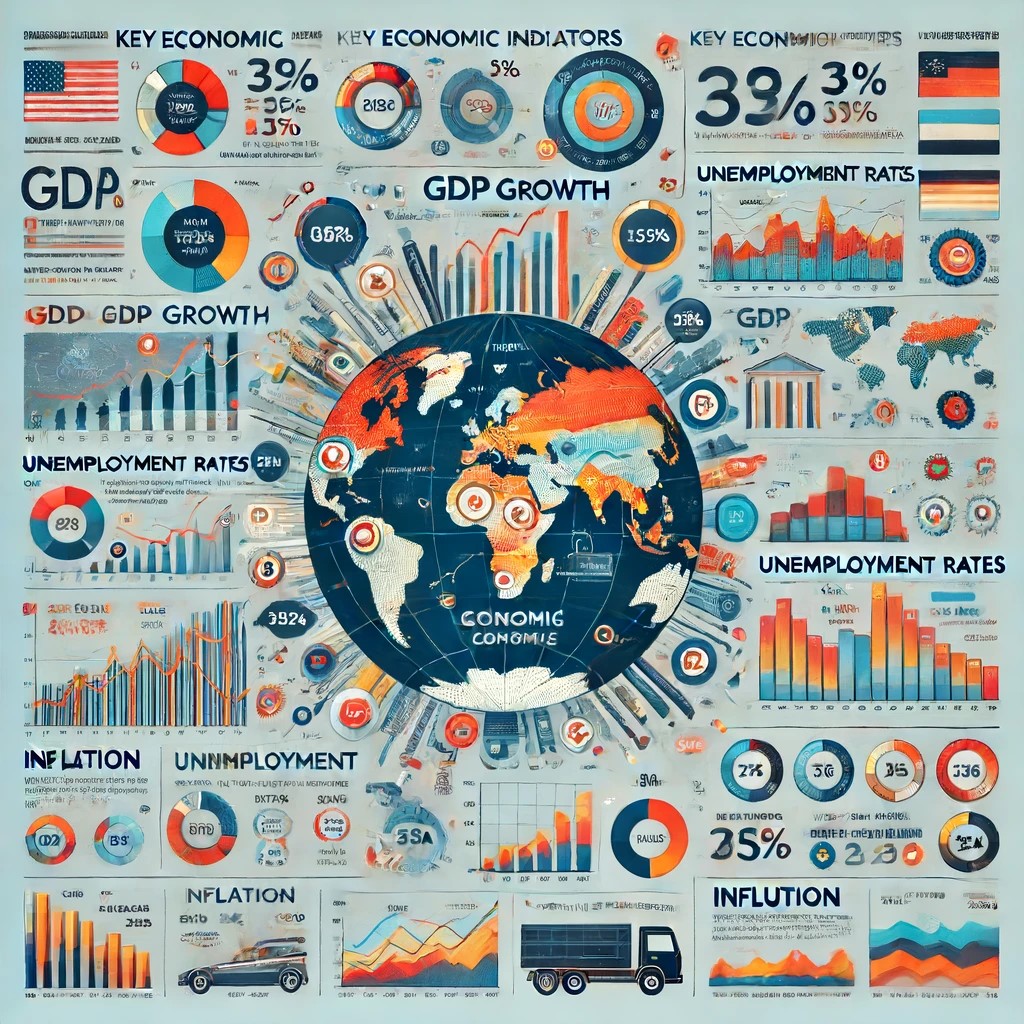Analyzing the Economic Impacts of Environmental Policies
In recent years, the intersection of environmental sustainability and economic policy has become a focal point for governments and businesses worldwide. As climate change concerns prompt more stringent environmental regulations, understanding the economic impacts of these policies is crucial for balanced decision-making. This article explores the current economic ramifications of environmental policies, identifies ongoing trends, and discusses future predictions.

Economic Impacts of Environmental Policies
1. Job Creation and Industry Growth:
Environmental policies often encourage the development of new industries and job opportunities, particularly in renewable energy sectors such as solar and wind power. Initiatives like green building standards and energy efficiency requirements drive demand for new skills and technologies, potentially offsetting job losses in more traditional sectors such as coal and oil.
2. Investment Shifts:
Significant capital is flowing into sustainable projects, with investors increasingly drawn to 'green' businesses that align with environmental goals. This shift is evident in the growth of green bonds and other financial instruments aimed at funding environmentally friendly projects. However, these policies can divert investment from industries deemed less sustainable, impacting their economic viability and employment levels.

Current Trends in Environmental Economic Policy
1. Carbon Pricing and Trading:
Many countries have implemented or are considering carbon pricing mechanisms, such as carbon taxes or cap-and-trade systems, to incentivize reductions in greenhouse gas emissions. These systems make polluting more expensive and reduce emissions, but they can also lead to increased energy costs for consumers and businesses.
2. Subsidies and Incentives for Renewable Energy:
Governments worldwide are providing financial incentives to support renewable energy adoption, including tax credits, grants, and feed-in tariffs. These incentives help level the playing field between established fossil fuel technologies and emerging renewable solutions.
3. Regulatory Integration Across Sectors:
Environmental considerations are increasingly being integrated into the regulatory frameworks of various sectors, including finance, agriculture, and transportation. This holistic approach helps ensure that environmental impacts are considered in all aspects of economic planning and development.

Future Predictions for Environmental Economic Policies
1. Increased Global Cooperation:
As the effects of climate change become more apparent, global cooperation on environmental policies is expected to increase. Future initiatives may include international agreements on emissions reductions, more consistent global standards for environmental protection, and shared strategies for sustainable development.
2. Expansion of Green Finance:
The trend toward green financing is expected to continue, with more resources allocated to sustainable projects. This could lead to the development of new financial products that support environmental sustainability.
3. Enhanced Focus on Adaptation and Resilience:
As the impacts of climate change intensify, policies may shift focus from mitigation to adaptation, investing in infrastructure and systems that enhance resilience to climate-related disruptions.
Conclusion
The economic impacts of environmental policies are complex and multifaceted. While these policies are essential for promoting sustainability and combating climate change, they also carry significant economic implications that require careful management. As the world continues to grapple with environmental challenges, the economic landscape will inevitably evolve, underscoring the need for adaptive and forward-thinking policy approaches.






